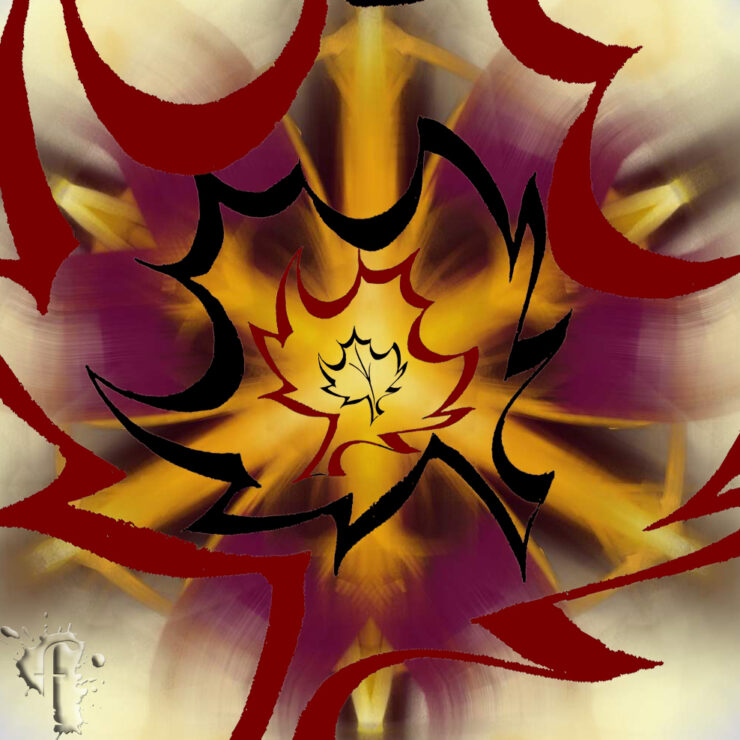What makes us proud to be… Well, us?
Daniel LeRoy | Fulcrum Contributor
Photo Illustration by Mathias MacPhee
Canadians—what defines us? Is it our universal health-care system? Is it our unique expressions, like “eh,” or our spelling of words like “colour” or “centre”? Maybe it is our unofficial national sport of hockey or love of poutine.
This week, I was asked the question, “Is Canadian patriotism manufactured?” First of all, patriotism and nationalism are constructs and are therefore, by definition, manufactured. They are ideas that we think about, ideas to which we emotionally attach ourselves and connect our life experiences. They are ideas that help us understand who we are.
Research company Ipsos Reid has tracked Canadian nationalism over the years by a “flag-waving standard.” Essentially, this means they ask Canadians what they identify most with in terms of our national symbols and to what extent they would go to display their nationalism.
Canadian nationalism is at an all-time high. This is unsurprising when you consider that Canada is a growing nation. Although we were founded in 1867, it wasn’t until 1879 that we set aside one day a year, called Dominion Day, to celebrate our nation. The first time a national celebration was organized on Parliament Hill was in 1917, and it took until 1958 for this to become a yearly affair. With our maple-leaf flag introduced in 1965, Expo 67, the Montreal Olympics in 1976, and the repatriation of the Constitution in 1982, Canadian nationalism has increasingly become engrained in the psyche of many citizens over the last century.
Skip to a generation later, and these strong feelings of pride developed by our parents are getting even stronger in us. A generation from now, I imagine it will progress even further. According to the poll by Ipsos-Reid, 80 per cent of us think Canadians should all go to greater lengths to display our patriotism. And 74 per cent of Canadians believe the maple leaf should be displayed in any way possible, even if it’s on your underwear. Manitoba and Saskatchewan were rated as the most patriotic provinces.
For those who assume these polls exclude Quebecers, take note that 23 per cent of the Canadian population are Quebecers, and over 25 per cent are francophone. Clearly, these numbers would not be possible if a significant percentage of French Canadians were not passionate Canucks!
But, back to the original question: is Canadian patriotism manufactured? If so, what is it constructed from? Frankly, it doesn’t matter. All that matters is the sentiment that is shared from Cape Spear, N.L. to Vancouver Island, a sense of pride in the work-in-progress that has been Canada since Queen Victoria put pen to paper to create us in 1867. Yesterday, we were proud of our peacekeeping. Today, we are proud of universal health care. Maybe tomorrow, we will be proud of a nation that truly takes on the epidemic of global warming and leads the world to bolder environmental action.
When I go abroad to Europe, Africa, and Asia, I am proud to come from a polity where people from diverse backgrounds continue to come together to talk about who we are. As long as we keep asking what we are proud of and working together—all us anglophones, francophones, Aboriginals, and allophones—to create a prouder nation for all, I will be flying my maple leaf with pride.





